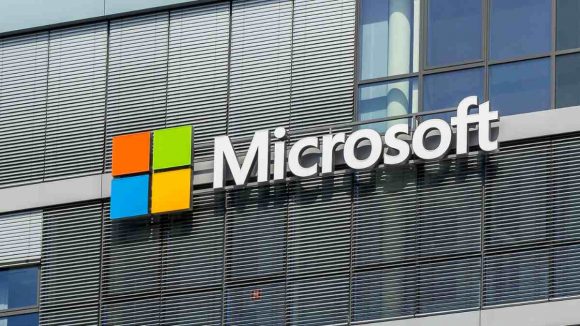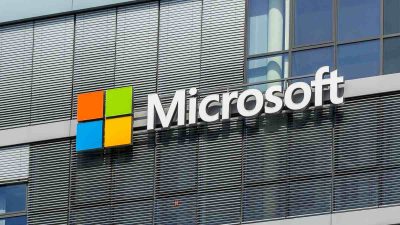With a sharp focus on cloud computing and artificial intelligence (AI), Microsoft has announced it is investing $3.2 billion (AUS$5 billion) in Australia over the next two years. This cash injection is expected to “boost the country’s economy and cyber defenses.”
By next year, a new Microsoft Data Center Academy will open in New South Wales.
Microsoft also plans to collaborate with the Australian Signals Directorate (ASD). The ASD is the former Defence Signals Directorate, a federal statutory agency in the Australian government responsible for foreign signals intelligence, cyber warfare, and information security.
The collaboration with ASD will enable the pair to develop a watertight plan, with the help of Microsoft’s data from its millions of customers, to curb cyber attacks.
Investment in Australia
The announcement comes as Australia’s prime minister, Anthony Albanese, is visiting the US. He is on an official four-day visit to America. According to AFP, it’s here where Microsoft’s tech bosses outlined details around the deal.
The government says the investment will enable expansion of its Australian hyperscale cloud computing. It will also increase its AI infrastructure over the next two years. “This will grow its local data center footprint from 20 to 29 sites in Sydney, Canberra, and Melbourne,” says the prime minister.
It is the largest investment Microsoft has made in the country in the last 40 years. “This will position Australia as a global leader in cloud computing, with demand expected to almost double by 2026,” says the government.
New jobs loading
The new Microsoft Data Center Academy will aim to develop data-focused skills.
“The academy will provide alternative employment pathways into Australia’s tech sector, focusing on under-represented groups,” says the government.
Microsoft has committed to supporting programs to train an additional 300,000 Australians through its global skills program.
Cyber attack awareness
The collaboration with ASD will shield Australia from cyber threats to individuals, businesses, and governments. “It will be one of the first steps that we are taking as part of the 2023-2030 cyber-security strategy, to become a world-leading cyber secure and resilient nation by 2030,” vows Australia.
According to the government data, 40 cyber breaches affected over 5,000 residents in the second half of 2022. It’s a 67% increase compared to the first half. Five breaches from July to December affected over a million Australians.
About the author
Mia is a multi-award-winning journalist. She has more than 14 years of experience in mainstream media. She's covered many historic moments that happened in Africa and internationally. She has a strong focus on human interest stories, to bring her readers and viewers closer to the topics at hand.











